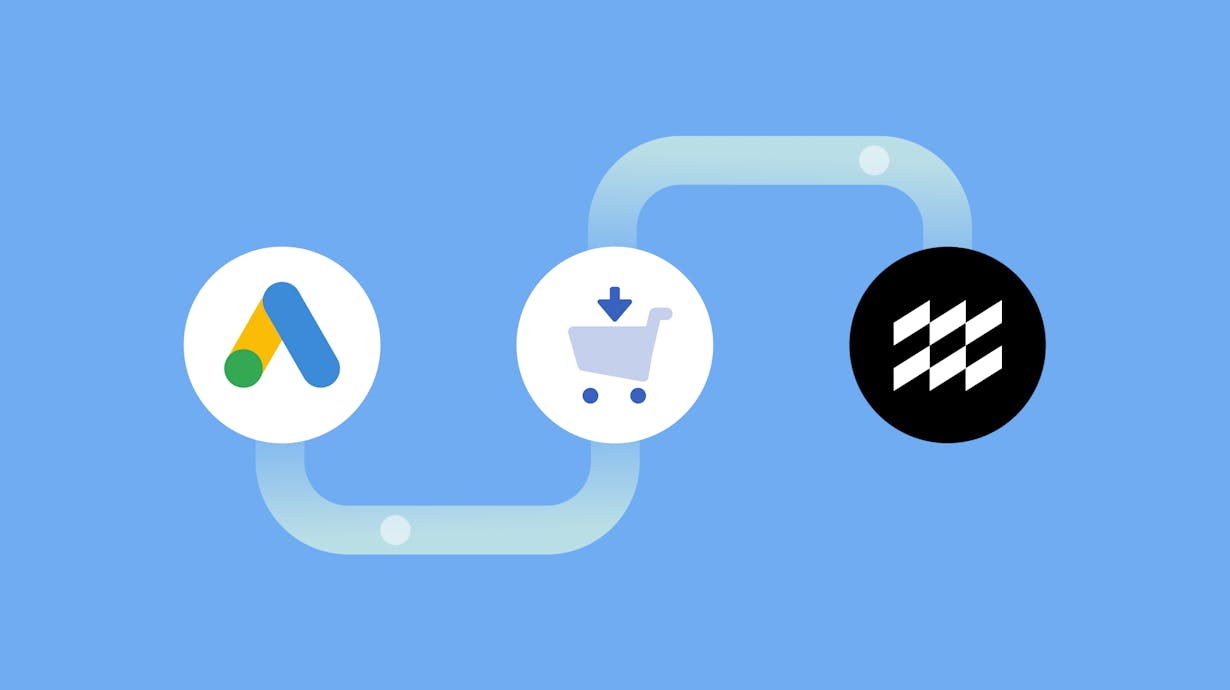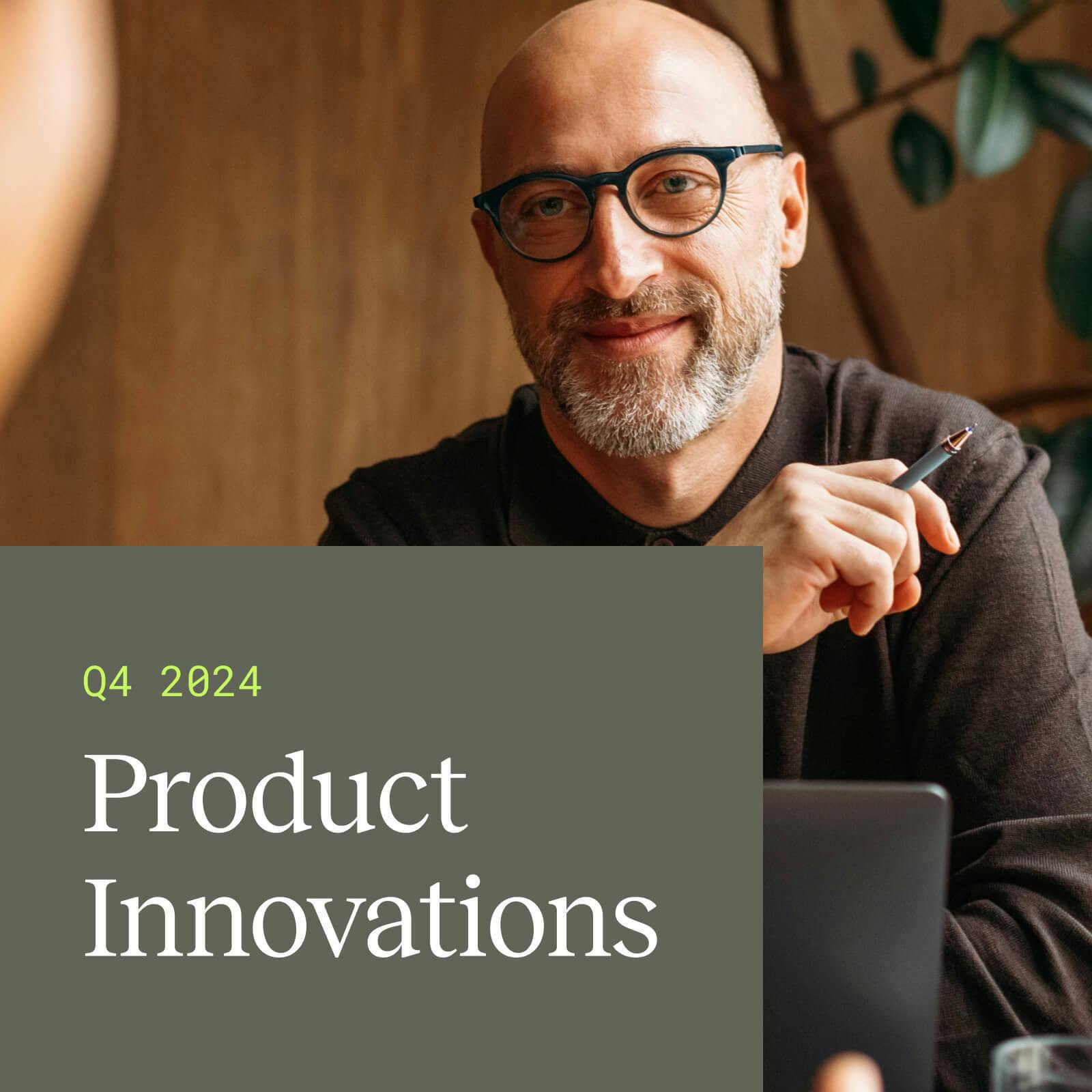Increase Return on Ad Spend with the mParticle Google Enhanced Conversions integration
Increased cookie opt-outs are making conversion measurement more difficult. With the mParticle Google Enhanced Conversions integration, you can leverage first-party data to accurately track conversions and optimize ad spend.

As consumers are given more control over how their online behavior is tracked online, it can be difficult for marketing teams to understand how customers are engaging and which Google Ads campaigns are generating conversions. Privacy is a fundamental human right, and providing consumers with the choice to opt-out of third-party cookies is a good thing. But when marketing teams are left to ‘spray and pray’ with their advertising campaigns, ad spend and customer acquisition costs can quickly shoot through the roof.
Bridging the gap with first-party data
The solution is to implement an infrastructure that allows you to collect privacy-compliant first-party data and use that data to track Google Ads conversions and optimize spend. The mParticle Customer Data Platform allows you to collect first-party data, such as page navigation and conversion events directly from client-side devices such as websites and mobile apps, ensuring that consent has been provided for all data collection. As data is ingested into mParticle from across sources, it is unified into secure customer profiles, each linked to a unique identifier. Next, you can use the mParticle Google Ads Event integration to forward data to Google Ads with an easy, point-and-clicks connection. With privacy-compliant, first-party data being forwarded to Google Ads, you can increase return on ad spend (ROAS) by:
- Improving measurement of your advertising efforts
- Optimizing ad targeting

Getting started
- Link mParticle in Google Ads and create Conversion IDs
- Copy the Link ID and Conversion IDs into mParticle
- For client-side Kit integrations, add the Enhanced Conversions custom flag object
For detailed instructions, please see our documentation.
Streamline your website integrations
Learn which third-party integrations you could replace with a single SDK by adopting mParticle.




